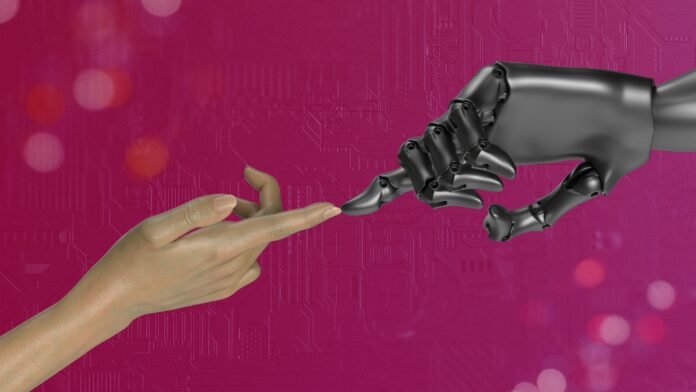Top 7 Strategies to Safeguard AI Development in 2025
March 24, 2025 – As artificial intelligence (AI) continues to evolve at an unprecedented pace, concerns regarding its risks and ethical challenges have intensified. Governments, tech companies, and researchers are working together to implement strategies that ensure AI remains safe, fair, and beneficial for society. Here are the top seven strategies being adopted in 2025 to safeguard AI development:
1. Stricter Global Regulations
Nations worldwide are enforcing stricter AI regulations to prevent misuse. The European Union’s AI Act, expected to be fully implemented this year, sets a benchmark for responsible AI deployment, while the U.S. and China are also introducing tighter controls.
2. Transparency and Explainability
To combat AI bias and errors, companies are focusing on making AI models more transparent. Explainable AI (XAI) is becoming a key requirement, ensuring that decision-making processes are interpretable and accountable.
3. AI Ethics Committees
Major tech firms and academic institutions are forming independent AI ethics boards to oversee the development and deployment of AI. These committees help prevent unethical applications and provide guidance on complex moral dilemmas.
4. Bias Detection and Fairness Measures
AI bias remains a pressing issue. Developers are integrating advanced bias detection tools to ensure that AI systems do not discriminate based on gender, race, or socioeconomic status. Fairness audits are becoming mandatory before launching AI-driven services.
5. AI Safety in Autonomous Systems
With self-driving cars, drones, and robotic automation advancing rapidly, safety measures are a top priority. AI-powered systems must pass rigorous real-world tests to guarantee public safety before they are deployed.
6. Combatting Deepfakes and Misinformation
AI-generated deepfakes and misinformation pose significant threats to democracy and media credibility. Tech firms are implementing AI-powered detection tools to identify and flag manipulated content in real time.
7. AI and Human Collaboration
Instead of replacing human workers, AI is increasingly being developed as an assistive tool. Hybrid AI-human work models are being adopted in sectors like healthcare, finance, and customer service to enhance efficiency while maintaining human oversight.
As AI continues to shape the future, these strategies are critical to ensuring its responsible and ethical evolution. Governments and tech leaders stress that while AI presents remarkable opportunities, its risks must be managed effectively to prevent unintended consequences.




